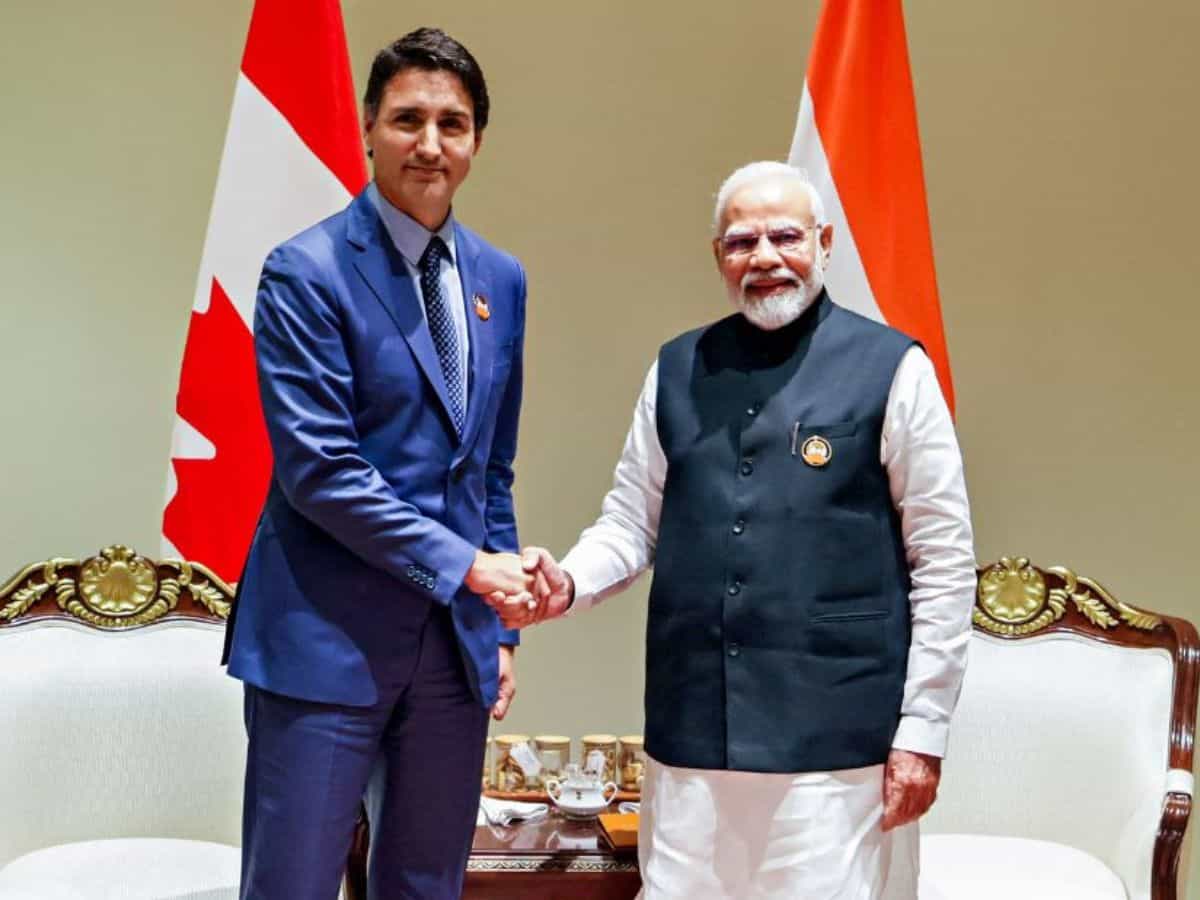
Mumbai: India’s recent decision to withdraw its High Commissioner and other diplomats from Canada marks a significant escalation in diplomatic tensions between the two nations. This move is a direct response to Canada’s allegations linking Indian diplomats to the murder of Khalistani separatist Hardeep Singh Nijjar. The situation has rapidly devolved into a tit-for-tat exchange, with both countries expelling each other’s diplomats amid rising hostilities.
India, Canada diplomatic row
The diplomatic crisis began when Canadian Prime Minister Justin Trudeau accused India of being involved in Nijjar’s assassination on Canadian soil. This allegation was made in September 2023, stirring outrage in India, which has consistently labeled the claims as “absurd” and politically motivated. India’s Ministry of External Affairs (MEA) condemned Trudeau’s government for fostering an environment that allegedly supports violent extremism and separatism, claiming this atmosphere poses a direct threat to the safety of Indian diplomats in Canada.
In retaliation for Canada’s accusations, India withdrew its High Commissioner, Sanjay Kumar Verma, and other officials, citing a lack of faith in the Canadian government’s ability to protect its diplomatic personnel. The MEA stated that their safety was compromised due to the hostile environment created by Trudeau’s administration. Following this withdrawal, India expelled six Canadian diplomats from New Delhi, including Acting High Commissioner Stewart Ross Wheeler, marking a significant deterioration in diplomatic relations.
This back-and-forth has raised concerns about the future of diplomatic relations between India and Canada, which have historically been characterized by shared democratic values and significant cultural ties. However, ongoing accusations and counter-accusations suggest that both nations are digging in their heels rather than seeking resolution.
Implications for Bilateral Relations
The current diplomatic standoff poses serious implications for India-Canada relations. Both countries face scrutiny over their handling of extremism and security issues, and the escalating tensions could hinder cooperation on various fronts, including trade, investment, and counter-terrorism efforts.
India has made it clear that it reserves the right to take further actions if it perceives continued hostility from Canada. The situation remains fluid, with both nations at a crossroads that could either lead to further isolation or an eventual thawing of relations through dialogue.
As this diplomatic crisis unfolds, it underscores the fragility of international relations when intertwined with domestic political agendas and allegations of extremism.
(with inputs from IANS and PTI)



